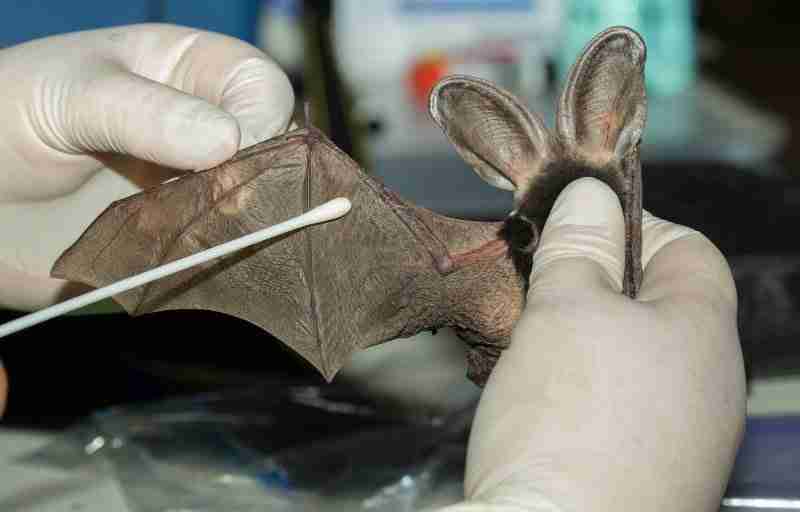According to an international research team of Chinese, European, and U.S. scientists, the SARS-CoV-2 lineage responsible for the COVID-19 pandemic has been circulating in bats for 40–70 years and likely includes other viruses with the ability to infect humans. This finding, which is derived from a newly constructed evolutionary history of SARS-CoV-2, has implications for the prevention of future pandemics stemming from this lineage.
…
The study, titled “Evolutionary origins of the SARS-CoV-2 sarbecovirus lineage responsible for the COVID-19 pandemic,” described how the team used three different bioinformatic approaches to identify and remove the recombinant regions within the SARS-CoV-2 genome… These findings led the scientists to conclude that viruses closely related to SARS-CoV-2 have been circulating in horseshoe bats for many decades.
“We find that the sarbecoviruses—the viral subgenus containing SARS-CoV and SARS-CoV-2—undergo frequent recombination,” [the researchers said.]
The team emphasized that preventing future pandemics will require better sampling within wild bats and the implementation of human disease surveillance systems that are able to identify novel pathogens in humans and respond in real time.
“The key to successful surveillance is knowing which viruses to look for and prioritizing those that can readily infect humans,” said the article’s senior author, David L. Robertson, PhD, professor of computational virology, MRC-University of Glasgow Centre for Virus Research. “We should have been better prepared for a second SARS virus.”



































